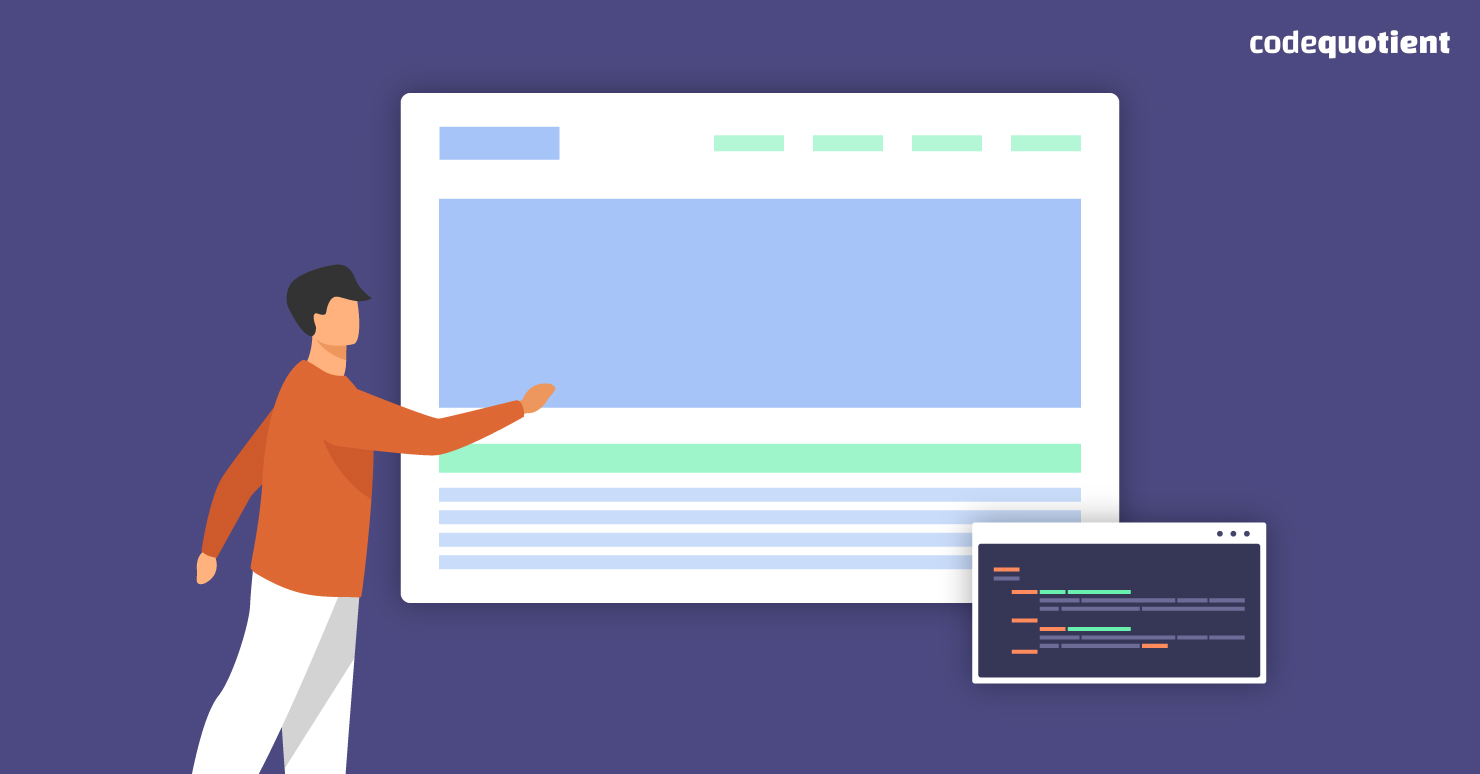To the casual eye, a candidate in a tech interview seems relatively easy. However, if only it were as it appears, the recruiters wouldn’t have to fire dozens of questions on the aspirants to make hiring decisions.
To comprehensively assess applicant quality, the nuance of interviewing candidates extends well beyond skills and abilities. This includes the candidate’s maturity level, cultural fit, and self-awareness.
And to gain that type of knowledge, you’ll need to set aside the résumés and develop thoughtful questions to ask your top applicants.
8 Must-Ask Tech Interview Questions for Every Recruiter

Questions like “Where do you see yourself in 5 years?” or “Answer in yes or no” are quite predictable. Most likely, every candidate has practiced the answers in front of a mirror a hundred times. Hence, you wouldn’t get to know much about the candidates from these.
To assess whether someone is a suitable fit for the job, you should draw them out, ask various technical and situational questions, and pay close attention to what they have to say and how they say it.
Here are some questions that recruiters must ask every candidate in a tech interview process.
Q1. What are the essential qualities of a developer [or another related IT position]?
This type of question can indicate how the applicant thinks about the position and what they believe they can add to it.
Some applicants may emphasize technical skills and IT certifications, while others may talk about problem-solving, attention to detail, communication, and other essential soft skills.
Look for IT candidates who provide a balanced response as it shows that the candidate focuses on all-round growth.
Q2. How would your coworkers define you in three words?
The answer can reveal aspects of a candidate’s personality that aren’t easily visible from their résumé or typical interview questions. It also shows how the individual perceives themselves and the role for which they are applying.
For example, if their response emphasizes their creative side, but the designation is primarily analytical, they may not be a suitable fit for the job.
Q3. What are your favorite and least favorite technological products, and why do you like/dislike them?
This tech interview question allows you to assess enthusiasm and knowledge and understand whether prospective workers appreciate your company’s hardware, operating system, and software.
Do these candidates seem passionate when discussing the benefits and drawbacks of various tools? Do they value strong engineering, advanced features, a simple user interface, or any other quality of good technology?
This question might answer them all.
Q4. How do you think future technological advancements will affect your job?
Most IT roles are changing due to various technological advancements. Therefore, it is crucial to know how aware the candidate is of the latest digital trends.
Do they realize, for example, that automated testing is a critical component of DevOps, allowing for shorter development cycles and faster deployment?
A candidate may discuss the automation tools they use or their difficulties when dealing with machine learning and big data. By this, you may also get to know what AI projects they hope to work on.
Besides, this is a wonderful method to start discussing current trends and advancements in the industry. Also, this question can give you an insight into whether the candidate is looking to upskill themselves to stay up-to-date. If yes, that’s a big plus!
Q5. Tell me about a tech project you’ve worked on in your free time.

It is a wise choice to hire an IT professional who spends their spare time working on side projects.
Why?
These folks are driven and curious, which keeps their skill set fresh and updated. Inquire about how they stay motivated, what they are interested in about the project, and their ultimate goal.
If they can show you a website or app they created, that deserves brownie points.
Q6. What was your most recent presentation in tech inetrview?
Today’s tech employees cannot function as lone wolves. They must debate changes with coworkers, coordinate with other departments, advocate for preferred platforms, present their projects before clients, and much more.
While not everyone needs to be a public speaker, your new employee should be able to undertake research, prepare an excellent presentation, and persuade stakeholders why X is superior to Y. This question will also reveal their communication skills and team-playing abilities.
Q7. What qualities or talents make someone a good remote worker?
Given the continued impact of the COVID-19 pandemic, this is an important question to ask. Remote employees must be self-starters who should be able to work with little supervision.
They must have good communication skills, self-discipline, and time management skills.
Not everyone possesses these characteristics, and not everyone thrives working outside of an office. Therefore, you want to ensure that your new hire will be successful.
A satisfactory answer to this question ensures that your recruit will be productive as well as comfortable while working remotely.
Q8. What do you expect to accomplish in your first six months on the job?
The answer to this tech interview question is based on the job role for which you’re hiring.
A developer, for example, would aim to have completed a minor project during that period, but a tech manager might hope to have examined internal systems.
A candidate’s response will provide insight into their general knowledge of the position. If their aims and ambitions do not match the work description, they may not be the right fit.
The response to this question will show the candidate’s seriousness for the job role.
Final Words
During the technical interview, recruiters must evaluate candidates’ technical knowledge, skills, and abilities per the job role. Furthermore, interviewers should examine their thought processes while solving problems and how they fit within the company’s culture.
Leave the platform open at the end of the interview for candidates to ask you questions. This is not only advantageous to applicants, but it also informs you about what matters to them.
Contact us if you are interested in hiring great minds in tech.




